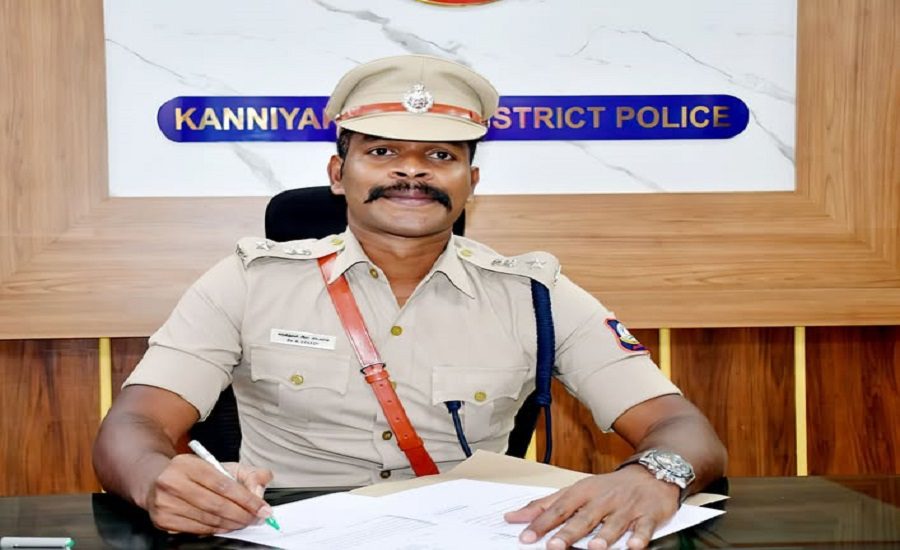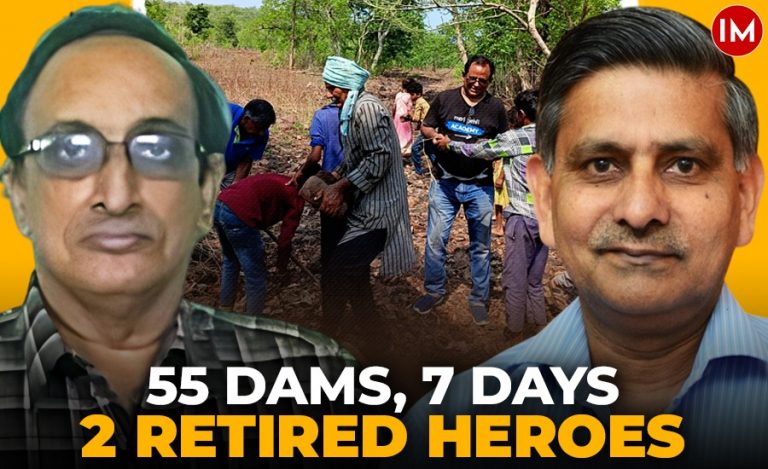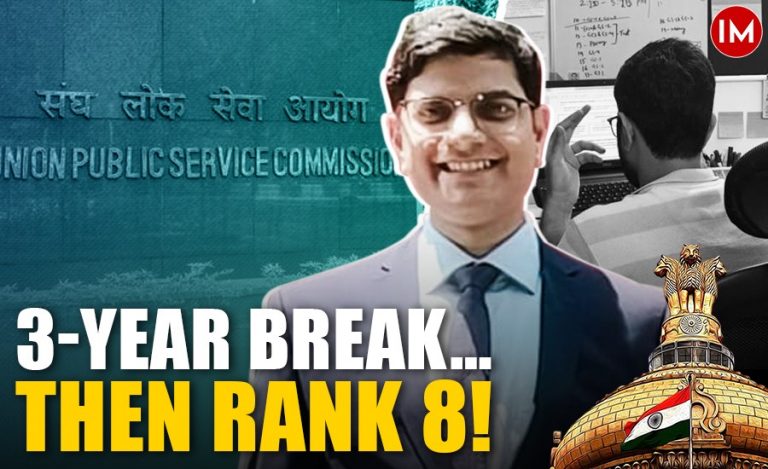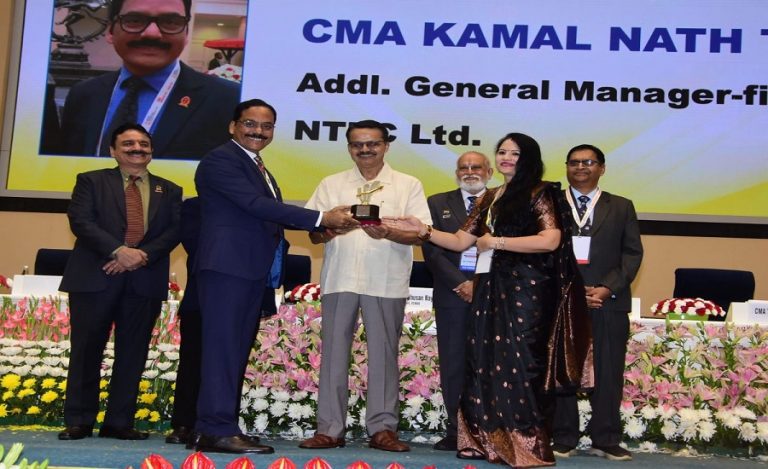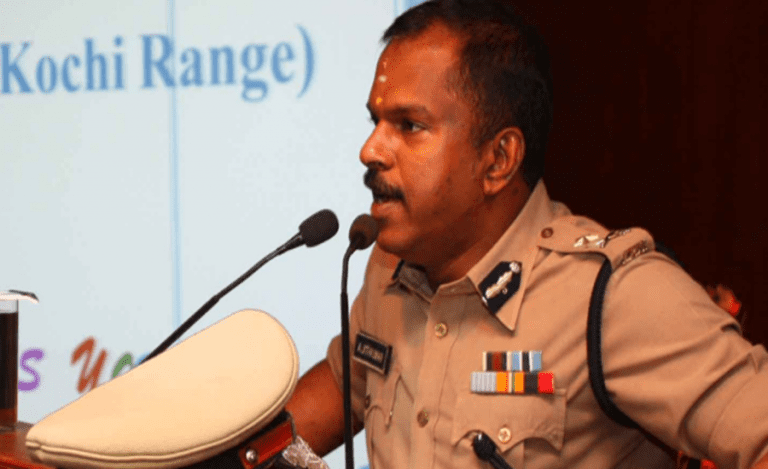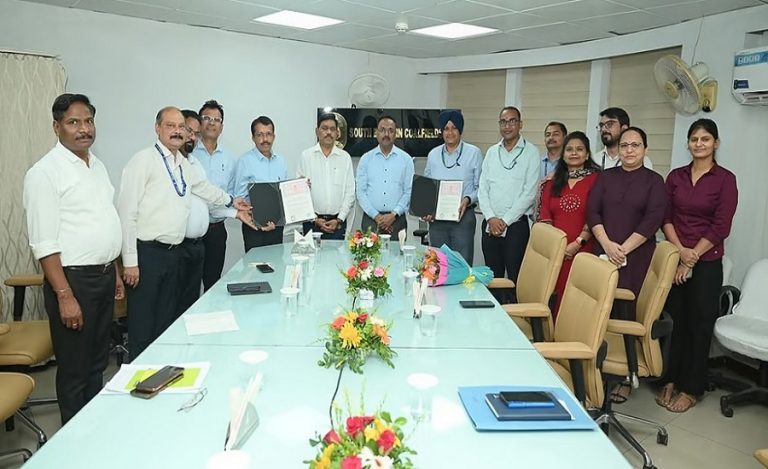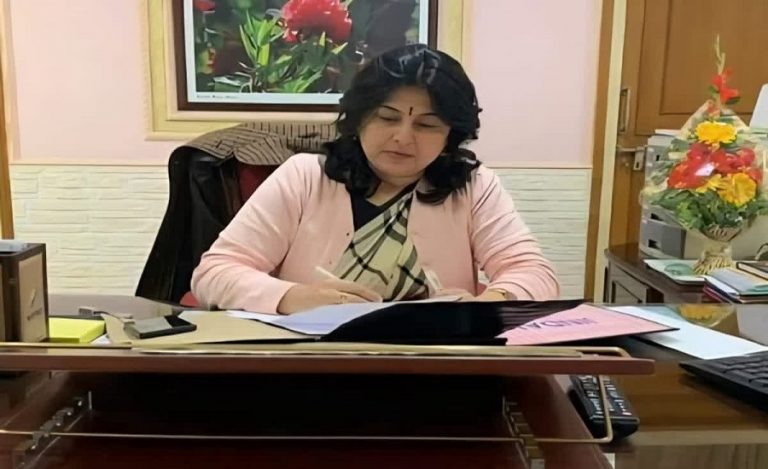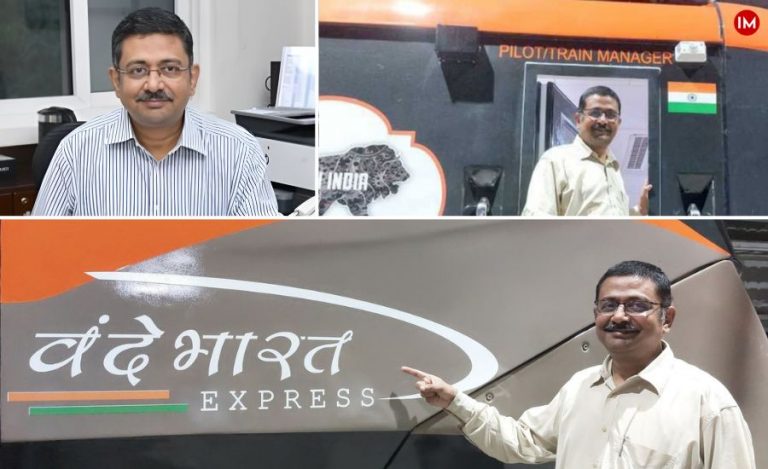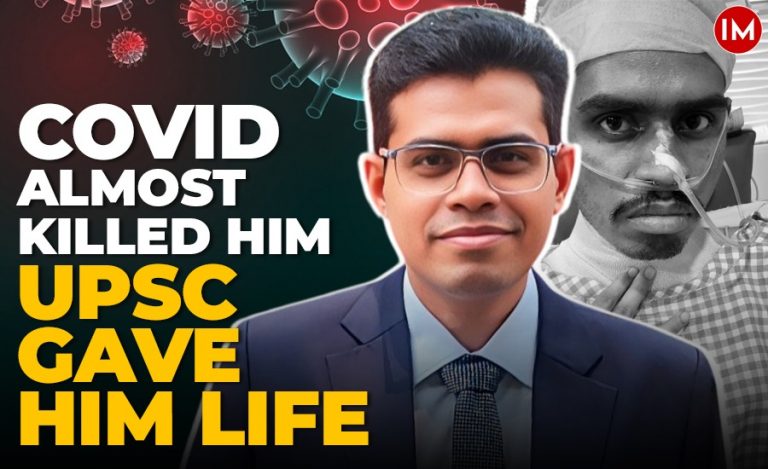When IPS officer R. Stalin took charge as the Superintendent of Police (SP) in Kanniyakumari district in Tamil Nadu on January 3, 2025, few anticipated the sweeping changes that would follow. A native of Arpakkam village in Kancheepuram and part of the 2020 IPS batch, the 31-year-old officer arrived without fanfare. But in just five months, he has become a household name – not through spectacle, but through substance.
Under his leadership, Kanniyakumari has seen a drop in crime, a rise in public trust, and the introduction of several grassroots initiatives designed to bring the police and the people closer than ever before.
Indian Masterminds interviewed him to learn more about his initiative, how he implemented it, and his journey.
PUBLIC FEEDBACK CENTRE: BRIDGING THE TRUST GAP
At the heart of Stalin’s reforms lies the Public Feedback Centre – a first-of-its-kind mechanism in the district that ensures accountability and responsiveness. Every petitioner who approaches the police receives a follow-up call from the Feedback Centre to assess whether their issue was handled effectively. If dissatisfaction is expressed, the case is reassigned to another officer for review.
This approach has dramatically shifted public perception. Over 4,500 petitions have been received directly by SP Stalin himself in just five months, a testament to the public’s renewed faith in the system. Notably, Kanniyakumari has become the first district with zero negative feedback, reflecting a tangible transformation in how policing is perceived and practiced.
RURAL POLICING AND SURVEILLANCE: WATCHING OVER 1,164 VILLAGES
Understanding that rural areas often lack swift police access, Stalin launched an ambitious Rural Policing and Surveillance Initiative in April 2025. Under this program-
- 1,164 villages were identified.
- 415 villages have already been equipped with surveillance cameras.
- 764 constables were appointed as in-charge officers, responsible for regularly visiting and receiving petitions from the villages under their care.
These officers visit villages three times a week, providing direct support to residents and acting as a local point of contact for crime prevention. Enhanced surveillance and the installation of cameras at village entry points have led to a marked decline in theft, trafficking, and other illegal activities.
Residents such as Krishnan and Vetri from Theroor have praised the initiative for significantly improving local access to essential services. Krishnan specifically highlighted the smoother and more efficient access to police services, including passport verification and grievance redressal, which has reduced waiting times and simplified procedures. Vetri also appreciated the increased transparency and responsiveness of the authorities, making it easier for residents to resolve issues promptly.
NIMIR: A DEDICATED FORCE FOR WOMEN AND CHILDREN’S SAFETY
Faced with rising crimes against women and children, SP Stalin introduced Nimir (The Rising Team) – a dedicated squad of trained women police personnel under the POCSO Act framework. Nimir not only spreads awareness in remote areas but also actively intervenes in crisis situations.
Already, the team has prevented three child marriages and helped several victims access compensation and government support schemes. More than just policing, this initiative is about empowering women and children in the most vulnerable pockets of the district.
VILLAGE MONITORING SCHEME: OWNERSHIP AND OVERSIGHT
The Village Monitoring Scheme is another bold step in decentralized policing. Every in-charge officer is tasked not just with law enforcement but with community engagement. By building rapport with locals and understanding the unique challenges of each village, officers can act preemptively to prevent conflicts and address concerns – long before they escalate.
To support visits to remote tribal hamlets like Pechiparai and Arukani, the department even arranged special vehicle services, ensuring that no village remains outside the reach of the law.
MANAM THIRANTHU & VETTRI PATHAI: UPLIFTING THE POLICE FORCE
Recognizing that internal reforms are as critical as public outreach, SP Stalin also launched two programs for police personnel:
Manam Thiranthu (Mind Opens): A mental wellness initiative aimed at improving the emotional resilience and psychological well-being of officers.
Vettri Pathai (Path to Success): A career and personal development scheme that includes training, motivational sessions, and performance-based incentives.
These programs have boosted morale and enhanced the efficiency and empathy of the district police force.
A MODEL WORTH REPLICATING
In just five months, IPS officer R. Stalin has proven that effective policing doesn’t always begin with sirens or salutes – it begins with listening, empathy, and innovation. His data-driven yet deeply human approach to governance has made Kanniyakumari not just safer, but also more confident in its guardians of the law.
From a humble village in Kancheepuram to leading transformational change in Tamil Nadu’s southernmost district, SP R. Stalin’s journey is a model of modern, people-centric policing. As the district continues to benefit from his vision, the rest of the state – and indeed the country – has much to learn from this silent revolution.

